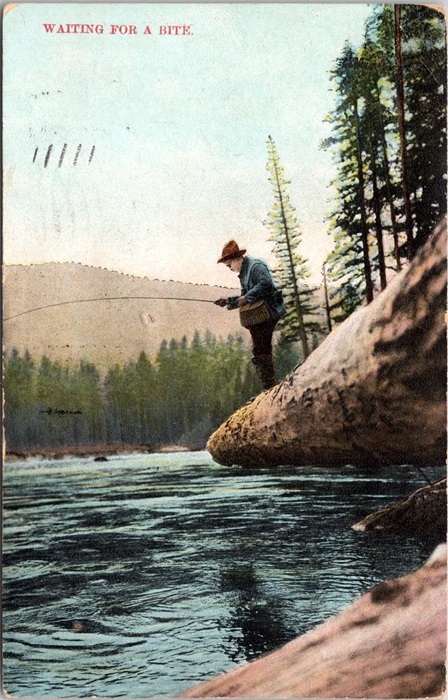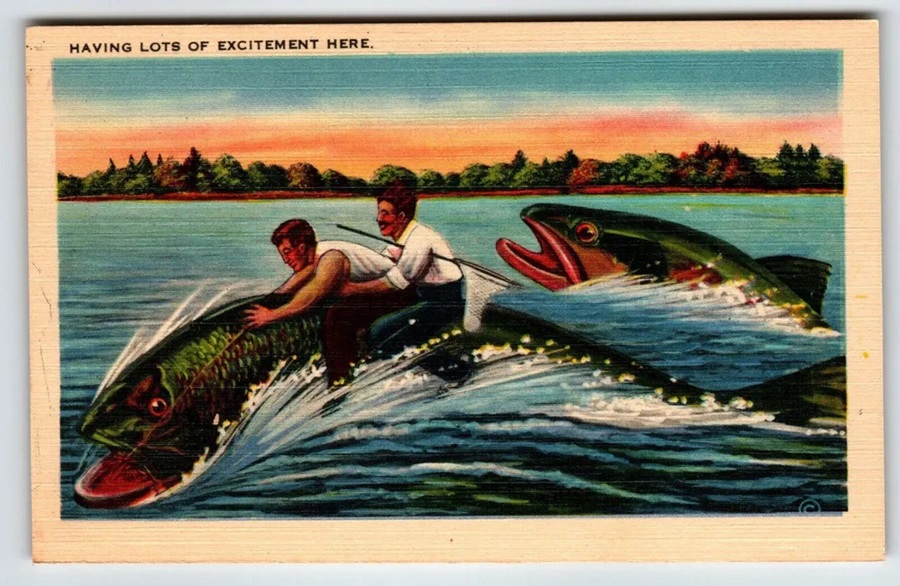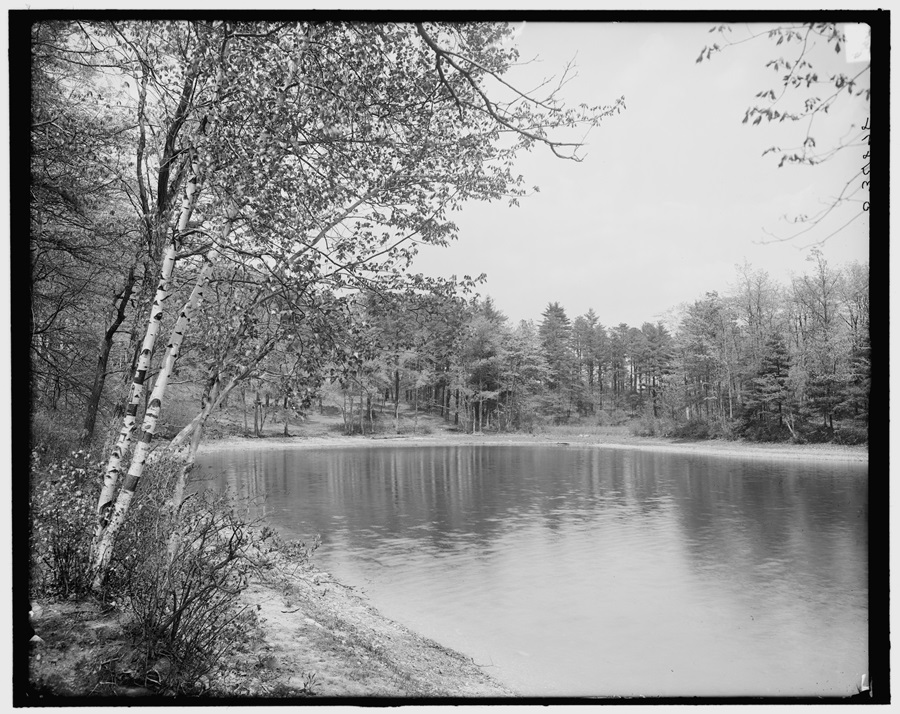I wait all winter for the precious June afternoons when the wind and sun are at my back, and the tide is low and incoming. These are perfect conditions for sight fishing, when you can see hungry schools of stripers hunting baitfish in the deep troughs that resemble mountain streams forming between the first row of sandbars and the beach.
But this was a tough spring for beach fishing. In Wellfleet, the early schools of menhaden skipped Cape Cod Bay entirely, passing east of Cape Cod on their northward migrations. The bay is full of large stripers, chasing small baitfish south of the Billingsgate Shoals and the plentiful mackerel off Provincetown. So, fishing from boats has been good, but shore fishing has been spotty at best, devoid of the adrenaline-fomenting surface action of large fish assaulting menhaden and herring within easy casting distance.

Despite my doubts about our chances, I accepted my friend Zyg Plater’s challenge of finding some early June stripers for his two flyfishing pals who were on their way for a visit. After all, I reasoned, conditions for sight fishing would be perfect by the time his friends arrived, and what could be more fun for some experienced stream fishermen than casting for large stripers in the fast-moving water at the base of the back shore’s magnificent towering dunes?
Over the next three days, I logged more than seven miles walking the beaches at Longnook, Ballston, and Newcomb Hollow. The water, typically teeming with clouds of small baitfish — silversides, peanut bunker, and sand eels — seemed utterly devoid of life. Missing, too, were the terns and small gulls that nearly always accompany actively feeding stripers. The beach was beautiful and inviting, the stuff of winter dreams. The only thing missing was the fish.
Between visits to the back shore, I made similar trips to my favorite bay and harbor fishing spots on Mayo Beach, the Herring River, and Lieutenant Island. I called my friends and even stopped at Goose Hummock in Orleans to inquire if they knew where the fish were. “You gotta have a boat,” was all I heard from everyone.
Anxious to keep expectations low, I sent Zyg a quick text the night before our fishing expedition saying that I’d been unable to locate any fish and adding that the forecast for the following day was rain and southeast wind: the very worst conditions for Outer Cape beach fishing.

No matter. Zyg and his pals pulled into my driveway midmorning under a deck of sullen gray clouds. The weather might have been gloomy, but the group’s spirits were not. We talked, as fishermen do. And within minutes, I knew, besides where they all live, how serious they are about our communal sport, where they like to fish, and whether they prefer dry or wet fly casting.
Along with Zyg and his mates was Jay, introduced as a nephew interested in learning how to fish. He appeared to be a quiet, good-natured young man, but as our conversation continued, I saw a confused look in his eyes. It was clear he was wondering why we were so jovial, considering how glum our fishing prospects appeared to be.
It struck me in that moment that fishermen have their own peculiar language. Besides shorthand ways of describing their levels of experience and preferences, time on the water gives fishermen their own built-in insulation against agita over poor fishing conditions.
I recall going trout fishing during my graduate school years with a psychology professor who turned to me on a cold fishless morning and said, “You know, clinically speaking, fishing passion is not based so much on catching fish but on getting skunked.” Seeing the look of shock on my face, he continued. “Think about it. If we caught fish every time we went out, do you think we’d appreciate our success as much as we do when we get lucky?”
Every serious fisherman, especially fly fishermen, whose success is quite dependent on weather, has experienced outings ruined by storms and other unexpected conditions. As we drove in the drizzle from Lieutenant Island to the Herring River, one of my new pals described a long, expensive trout fishing trip to the South Island of New Zealand that had been utterly ruined by high winds. I related a similar experience of being dropped off at a remote fly-in-only stream high in the Cascade Mountains when an unseasonable storm turned the river into a muddy, raging body of unfishable water. That storm lasted for days.

Not only does experience tamp expectations, it fills our memory banks with every type of fishing tale imaginable, the times we were successful as well as those that left us bitterly disappointed. Not that anyone wishes for the latter, but just as caught fish can grow a bit larger with every story’s telling, even our worst moments can become funnier and more poignant with every rendition.
As it turned out, although we were not able to give Jay his first taste of fly fishing, he and Zyg’s visiting friends did get to see many of Wellfleet’s beaches and marshes. I took my tour group to places I like to fish, each one also meaningful to me for its historical and modern-day relevance. So, they visited the new construction at the Herring River dike and Duck Harbor, currently under refurbishment aided by natural processes. From Indian Neck we looked out at Great Island and Jeremy Point, now uninhabited but formerly an outpost for Wellfleet fishermen.
He didn’t get to feel the actual pull of a fish, but I think Jay was able to learn a bit of the language of fishing and appreciate that catching fish is not always a fisherman’s prime objective.
There is, of course, a fishing story to support this idea. It is that Henry David Thoreau, an avid fisherman, said this: “Many men fish all of their lives without ever realizing that it is not the fish they are after.”
He didn’t say those words, according to those who preserve Thoreau’s legacy at the Walden Woods Project in Lincoln. He did write something of the sort, though, in a journal entry on Jan. 26, 1853 in which he complained about people he saw ice fishing at Walden Pond: “I am disappointed and surprised to find that they lay so much stress on the fish which they catch or fail to catch, and on nothing else, as if there were nothing else to be caught.”
Thoreau himself had gotten past that, he wrote. “Now I go a-fishing and a-hunting every day, but omit the fish and the game, which are the least important part. I have learned to do without them.”



